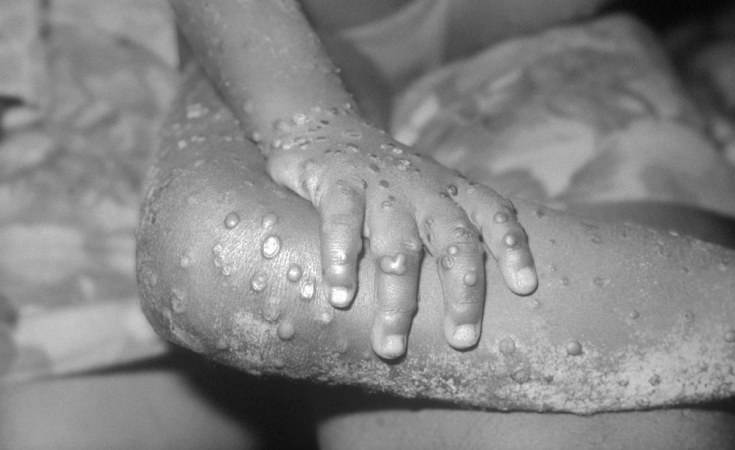In 2017, Nigeria detected its first monkeypox case in 39 years. What most people don't know is that that the first sign of the disease was picked up on Twitter. The data was collected by Nigeria Centre for Disease Control's event-based surveillance system which monitors "chatter" on social media. This type of disease detection is far from rare in Nigeria, where major disease outbreaks are common, and Twitter has become a vital tool in responding to disease risks and forestalling uncontrolled epidemics. Yet, on the 4th of June, the Government of Nigeria announced an indefinite ban of Twitter, restricting access for millions of Nigerian users.
COVID-19 is no exception. When Nigeria's first COVID-19 case was announced, NCDC had around 100,000 Twitter followers. Within three months, this number reached over one million, one of the highest for any government institution. The agency was obviously meeting a need by providing Nigerians with reliable, real-time information on the pandemic.
Recognising the value of communicating through social media, NCDC implemented a COVID-19 communications campaign tagged #TakeResponsibility, which reached as many as two million Twitter users in a single week in 2020. Nigeria's National Primary Health Care Development Agency which leads the Federal Government's immunisation programmes also uses Twitter to inform the public about health issues and to address vaccine hesitancy.
One of the major challenges faced by countries across the world as we respond to the COVID-19 pandemic is the spread of misinformation. In recognition of the critical importance of social media, Twitter partnered with the World Health Organization (WHO) and public health institutes such as NCDC to flag misinformation and direct users to official sites for accurate information. Future research will quantify the value of this strategy, but it has probably saved many lives.
In many other areas, the Twitter ban could be a matter of life and death for a significant number of Nigerians. Outside natural causes, the leading causes of death in the country are infectious, maternal and neonatal diseases. The most common of these are diarrheal diseases, malaria, neonatal disorders, lower respiratory infection and HIV/AIDS. But now they also include COVID-19 which has been made even worse by ongoing outbreaks of cholera and Lassa fever. Communications tools like Twitter provide a highly cost-effective mechanism for information sharing, especially in a sector that is severely underfunded and has little or no budget for more traditional paid-for advertising in newspapers or on television.
Beyond the urgency of infectious disease outbreaks, Twitter has numerous other uses that contribute to the country's health. For example, there are medical doctors who use the app to share health tips and advice and to debate important issues across the sector. Respected health advocates such as Nigeria Health Watch use Twitter to share informed commentary. Sharing information and connecting with others through Twitter can be beneficial to mental health, as I have found as a Nigerian expatriate, living a long way from family and friends.
There is no doubt that there are risks associated with the app, such as the faster dissemination of misinformation, anxiety driven by "information overload", digital harassment and cyber bullying. While Twitter can do more to address these issues, it has begun to respond and the public health uses of the app, in my view, significantly outweigh any downsides.
I am therefore urging the Government of Nigeria to think of the public health benefits that Twitter provides to the over 40 million Nigerians that use the app and to explore ways of working with Twitter, in order to lift the ban immediately and avert future occurrences. I also hope that other health leaders including the heads of WHO and Africa CDC will remind the Nigerian government of the role that Twitter and other social media platforms play in promoting good health, detecting outbreaks of dangerous diseases and fighting misinformation. In short, Nigeria needs Twitter to save lives. #KeepItOn.
Oyeronke Oyebanji is a Nigerian public health professional and a 2021 Aspen New Voices Fellow. She worked at Nigeria CDC as a Technical Assistant from 2016-2020 and is currently based in the UK.
Follow her on Twitter @OyeRonke_


